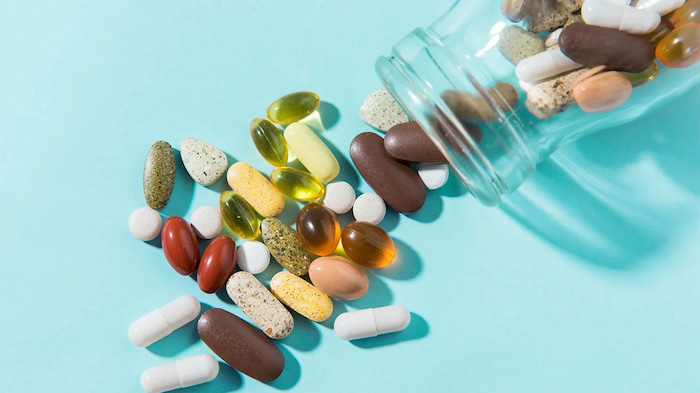Regular exercise not only boosts your physical fitness but also contributes to your overall well-being. But the key to unlocking the full potential of your body lies not just in the sweat-inducing sessions at the gym, but also in the moments of recovery that follow. Creating a recovery plan is crucial for anyone looking to improve their fitness levels, and here are some important steps that you can implement in yours!
Sufficient Protein Intake
Proteins are composed of amino acids, which serve as your body’s building blocks. When you take them after working out, they provide your muscles with the amino acids they need to rebuild and heal. So, supplementing your diet with convenient protein powder supplements can aid in your muscle recovery.
When you push yourself to new limits at the gym, this creates small tears in your muscles. However, if you give your body sufficient time to heal, this type of “damage” can be beneficial. Consuming a protein-rich diet and supplementing with whey protein can help repair damaged tissue, grow muscle, and prepare you for the next challenging workout.
Although it sounds intimidating, engaging in rigorous exercise helps you grow muscle, reduce inflammation, and improve your heart health and insulin sensitivity. However, muscle protein breakdown increases with intense or extended exercise. The next day, you’ll experience an increase in the synthesis of muscle proteins, so it’s a good idea to incorporate some protein powder in your shakes. You should ideally consume it around 30 minutes after exercising. When you pair it with some carbs from fruits, this post-workout snack can support your muscle growth and energy restoration.
How Much Protein Do I Need After a Workout?
After your workout, you should consume around 0.2–0.5 grams of protein supplements per kilogram of body mass. That equates to around 10–30 grams, depending on your weight and the difficulty and length of your workout. If you’re performing a more strenuous workout, you’ll need more protein to maximise your recovery. Taking a protein supplement helps you reach your recommended daily intake of proteins, which is around 10–20% of your total intake.
Carbs also play an important part in post-exercise fuel. According to certain studies, consuming protein and carbs in a 3:1 or 4:1 ratio can maximise your recovery by refueling your energy stores.

Hydration
Hydrating yourself is another great way to promote muscle repair. You need water to exist, and when you exercise, especially in warm temperatures when you sweat more, your body loses a lot of water. Different people will require different amounts of juices and water to recover after a workout. This depends on how much you sweat and how long you exercise.
To find out how much water you should drink after working out, weigh yourself both before and after your exercise. You lose about one litre of water for every kilogram you lose. Although individual requirements vary, studies indicate that rehydrating with around 1.5 times the amount of water lost over a 2–6-hour period following physical activity is ideal.

Vitamins and Minerals
These micronutrients are necessary for a variety of body processes. We obtain them from food, but it’s likely that some of us don’t eat a completely balanced diet and often lack some minerals. While a multivitamin can help bridge the gaps, there are situations when people require more specialized supplements to address a deficiency.
The most frequent deficiency in the world is an iron deficiency. Because iron makes up a large portion of haemoglobin, it’s essential for blood health. Excessive weariness is the most typical sign of iron deficiency since the body doesn’t have enough red blood cells to carry oxygen throughout the body.
Another common deficiency is in calcium, which is crucial for neuron function, muscle contractions, and bone health. During exercise, a calcium deficiency can cause cramping in the muscles and injuries.

Good Night’s Sleep
Getting enough sleep is essential for maintaining optimal bodily functions, but it’s also critical for recovery following a strenuous workout. Your body recovers a lot during sleep since this is when it’s in an entirely parasympathetic state. Your muscles rest and repair so that they can function normally the following day. The increased blood circulation during a parasympathetic state enhances the supply of nutrients and oxygen to your muscles. Your body also produces growth hormone, which helps in the growth of muscle tissue and the healing of injuries.
Not only is getting enough sleep essential for maintaining bodily functions, but it’s also critical for recovery following a tough workout. Sleep deprivation can weaken your performance and recuperation process. Not getting enough sleep can lead to tiredness, headaches, and bad reflexes, all of which can negatively impact your training sessions in the future.

Massage
Many people have trouble moving their muscles, even several days after a strenuous workout. Relaxing with a soothing massage is a great way to reduce muscle soreness. According to studies, you can reduce soreness by up to 30% with just a 10-minute massage following exercise. Massages improve blood flow, which reduces inflammation and stiffness in the muscles.













